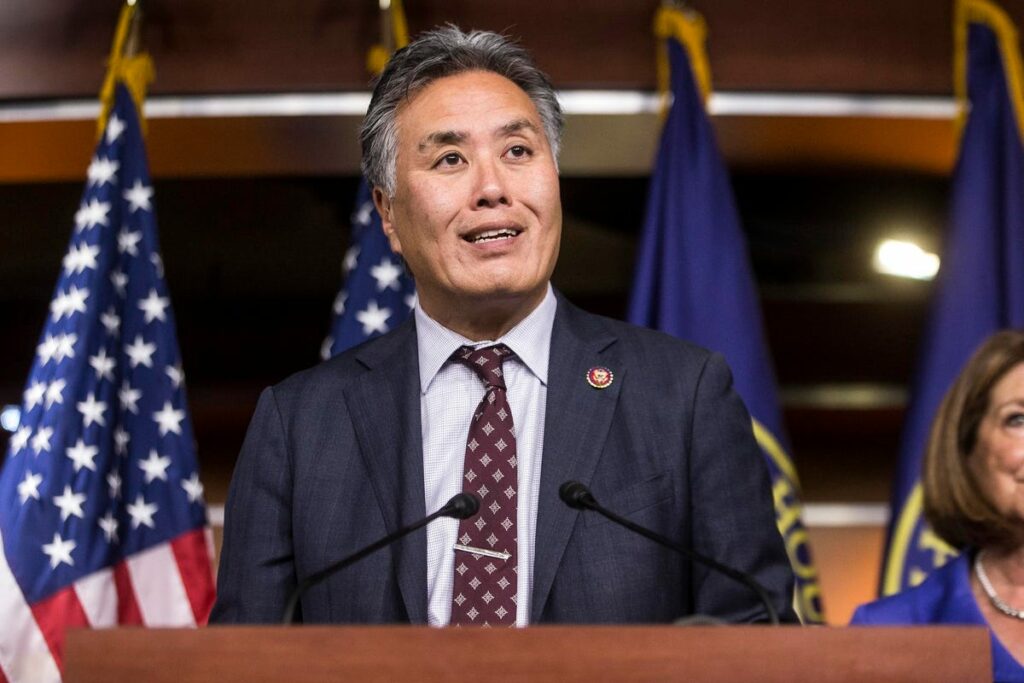Rep. Mark Takano of California’s 39th congressional district has reintroduced the 32-hour Workweek Act to Congress, which, if passed, would officially reduce the standard definition of the work week from 40 to 32 hours by amending the Fair Labor Standards Act.

Rep. Mark Takano of California’s 39th congressional district has reintroduced the 32-hour Workweek Act to Congress. (Photo: Forbes)
The 32-hour Workweek proposal would require overtime pay for any work completed after 32 hours, encouraging businesses to pay workers more for extended hours or shorten their week and hire more people.
Non-exempt workers, who typically work hourly jobs in leisure and hospitality, transportation, construction, manufacturing, wholesale, and retail trade, are covered by the bill.
READ ALSO: 2023 People’s Budget Framework for New York State Legislators
New Worker Safeguards May ‘Increase Human Happiness
Takano introduced the legislation to Congress for the first time in 2021. It received support from the Congressional Progressive Caucus and made the rounds online before failing to gain traction in Congress.
Supporters say a shortened week would push businesses to hire more people, increase labor market participation, and create “healthier competition in the workplace that empowers workers to negotiate for better wages and working conditions,” according to a release from Takano’s team.
Critics are Concerned About A “one-size-fits-all” Approach
A 32-hour workweek is only sometimes supported. A spokesperson for the Society for Human Resource Management referred CNBC Make It to a previous statement opposing similar legislation introduced in the California Assembly last year when asked for comment.
Critics oppose the 32-hour Workweek proposal because it takes a “one-size-fits-all” approach, writes Emily M. Dickens, chief of staff and head of government affairs at SHRM. A similar bill, according to Dickens, could exacerbate staffing shortages, raise labor costs, and make life more difficult for HR professionals and businesses “struggling to recover from the pandemic’s worst days.”
Takano says the next step is to “get more and more people understanding the arguments for it, to bring in business executives and employees who’ve experienced positive effects from a shorter workweek and begin to reduce the anxieties around change.”
READ ALSO: New Jersey Gov. Murphy Offers $1 Billion For A Universal Pre-K That Doubles The Child Tax Credit
















